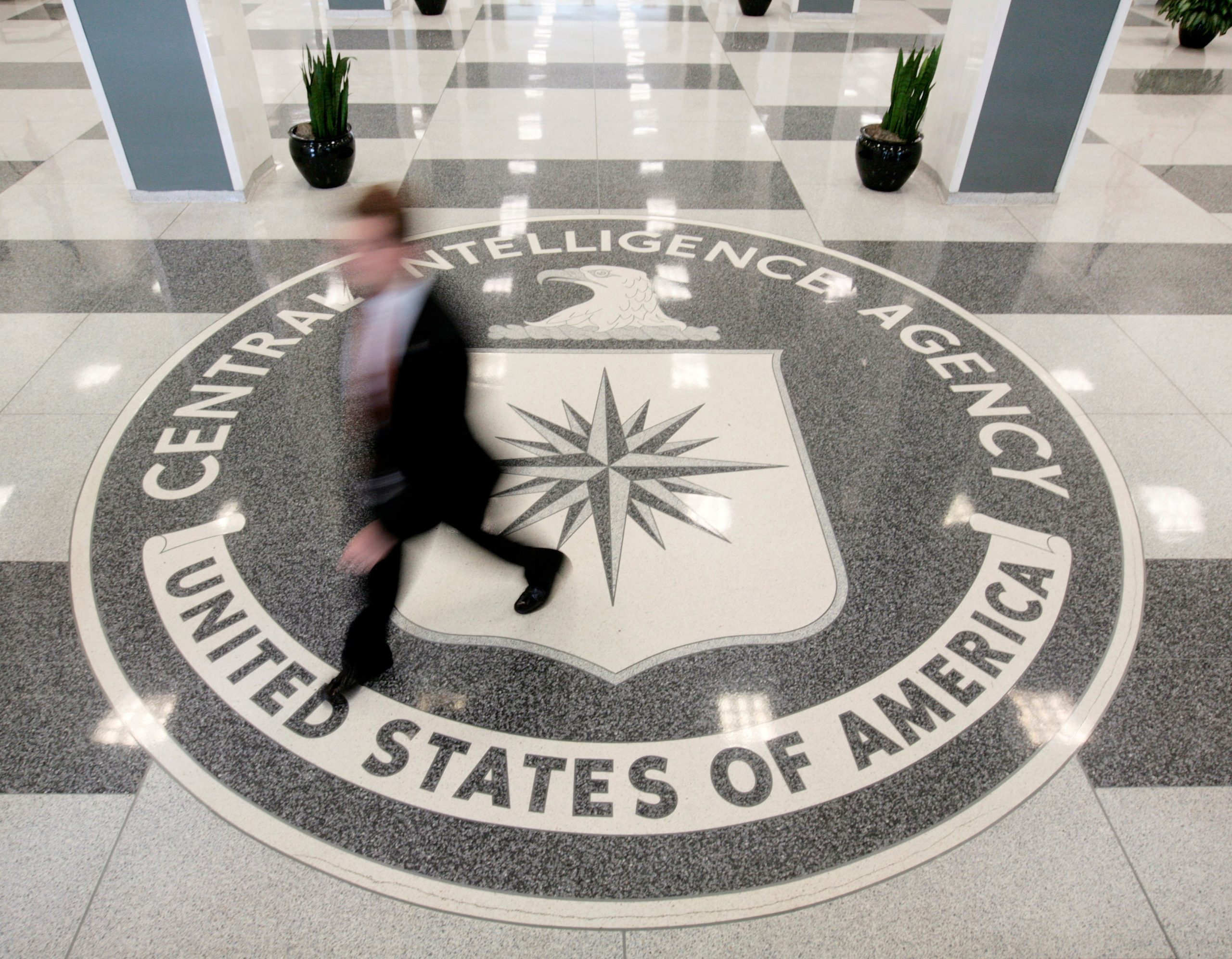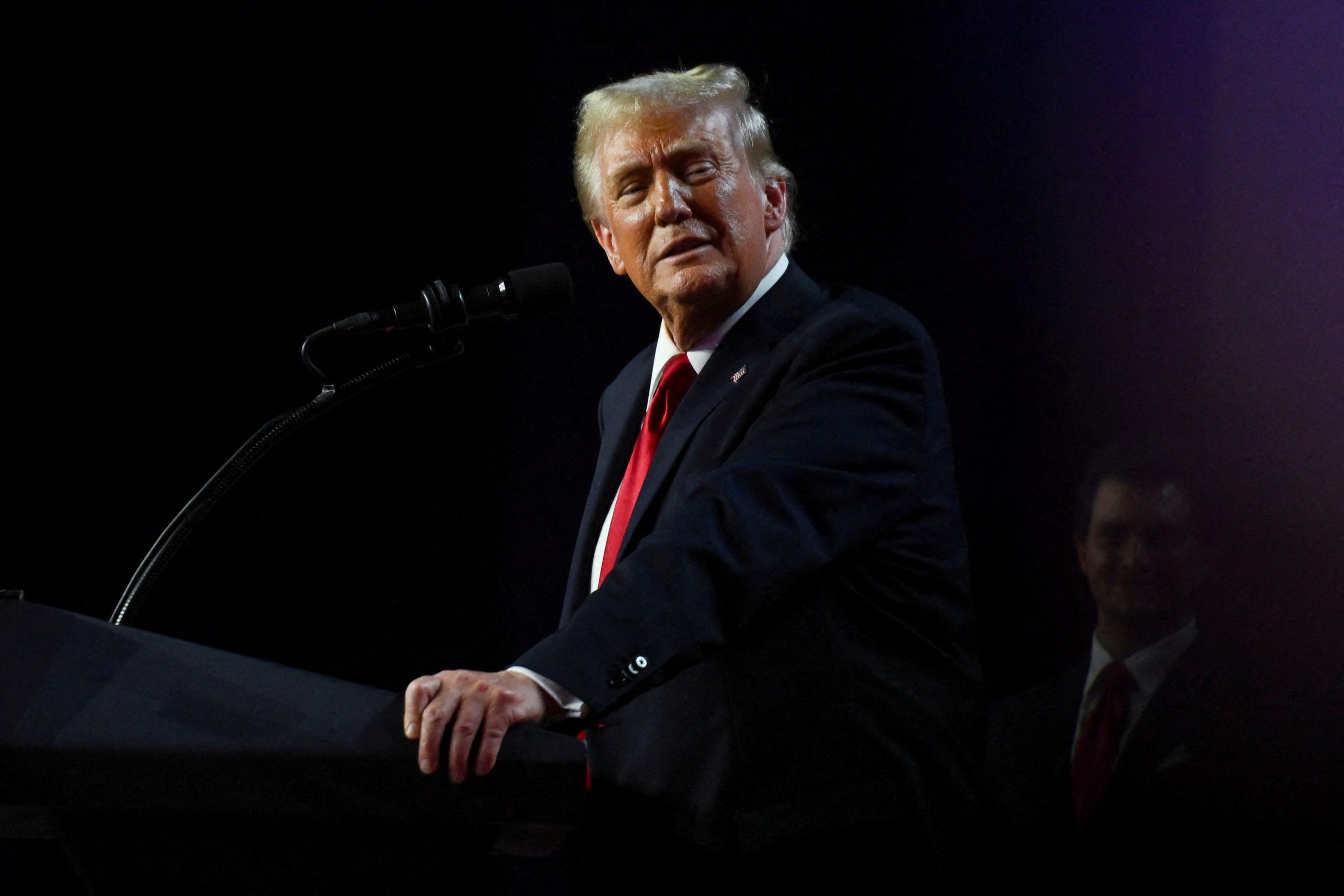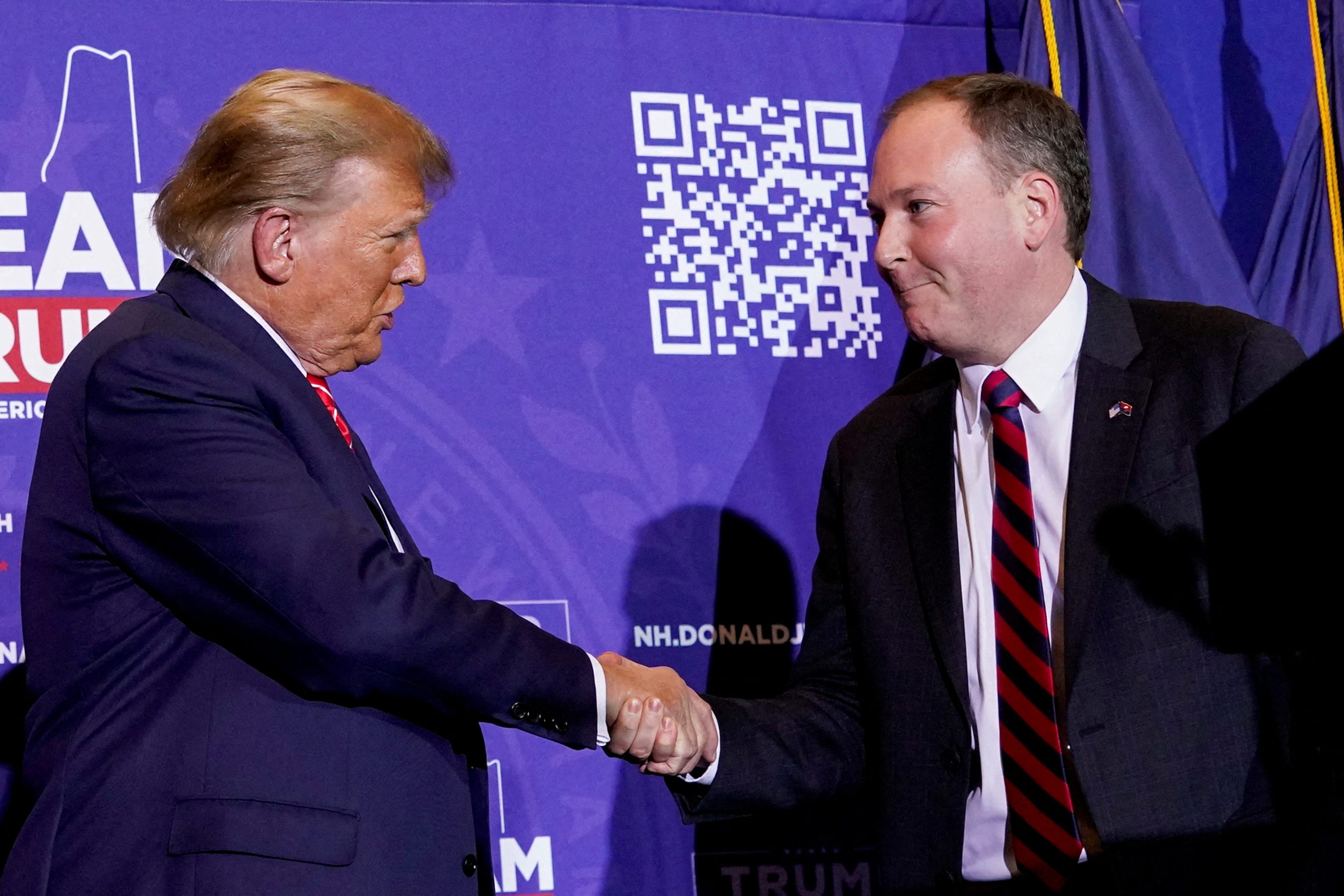In a fierce denunciation of alleged CIA tactics, China’s Foreign Ministry condemned the United States on Monday for what it called “despicable” espionage efforts aimed at recruiting Chinese informants. This response followed a Wall Street Journal report highlighting the CIA’s stepped-up online campaign to reach disaffected Chinese citizens, offering instructions for how they might safely contact U.S. intelligence. Beijing lashed out, accusing Washington of hypocrisy in its surveillance and espionage activities.
“For some time, very few Western media outlets have been peddling disinformation on so-called espionage activities by China, but they’ve presented no facts or evidence apart from some assumptions and speculations,” said Foreign Ministry spokesperson Lin Jian. His remarks underscored China’s frustration over escalating claims of cyber espionage and data theft targeting Western nations, allegedly backed by Beijing.
This row between the two global superpowers follows a recent CIA campaign using platforms like X (formerly Twitter) and YouTube to appeal directly to Chinese nationals. The agency shared Chinese-language content, advising those interested in helping the U.S. on how to securely establish contact. China’s response was swift, with Lin branding the CIA’s approach a “serious infringement” on Chinese sovereignty and national security.
Escalating Tensions Amid Spy Wars
In a notable admission earlier this month, CIA Deputy Director David Cohen told Bloomberg that the agency was reaching out to Chinese citizens unhappy with President Xi Jinping’s tightening authoritarian rule, aiming to channel this discontent into intelligence-sharing opportunities with the U.S. government.
“You’ve got people inside who see what’s happening, and for lots of different motivations fundamentally do not like the direction that Xi is taking the country,” Cohen said, describing the agency’s approach as a means for Chinese citizens to “help their own country.”
China, under Xi’s third term, has grappled with intensifying surveillance, economic challenges, and political rigidity—factors that have stirred discontent among some citizens. However, Lin blasted Washington’s recruitment efforts as “interference” and reiterated Beijing’s commitment to “resolutely crack down” on what he described as hostile infiltration by anti-China forces.
Cyber Attacks and Claims of U.S. Double Standards
Monday’s remarks also called out the U.S. for what Chinese officials consider hypocritical behavior, noting recent accusations against China for cyberattacks. Just last month, the FBI reported that hackers linked to China had breached hundreds of thousands of internet-connected devices in the U.S., U.K., and France. China’s response has been to deny any direct involvement in these incidents, calling the allegations “baseless.”
Lin emphasized what he sees as the glaring double standard in Washington’s approach: “The U.S., on one hand, blatantly conducts spying activities worldwide, while on the other, it levels unfounded accusations of espionage against other countries.”
Meanwhile, China’s Ministry of State Security (MSS) has launched its own campaign aimed at educating citizens on recognizing and reporting potential foreign espionage attempts. These advisories, often circulated on social media, are a critical part of China’s domestic response strategy, urging civilians to remain vigilant against possible covert operations and recruitment attempts by outside forces.
A Diplomatic Standoff or a New Cold War?
Beijing’s fiery response underscores the fraught state of U.S.-China relations, where allegations of espionage and cyber intrusion have become routine. With both nations engaged in ongoing tech and economic skirmishes, the latest revelations have deepened mistrust. For China, CIA efforts represent a violation of sovereignty, while for Washington, the approach reflects a strategic opportunity amid a climate of dissatisfaction under Xi.
The escalating tit-for-tat between the CIA’s recruitment outreach and China’s intelligence agency warnings may portend a new era of information warfare between the two nations. As espionage operations become more visible and accusations fly, could this be the beginning of a more public intelligence conflict between two of the world’s leading powers?
Sources for this article include the Wall Street Journal, Bloomberg, Yonhap, and China’s Foreign Ministry.
















